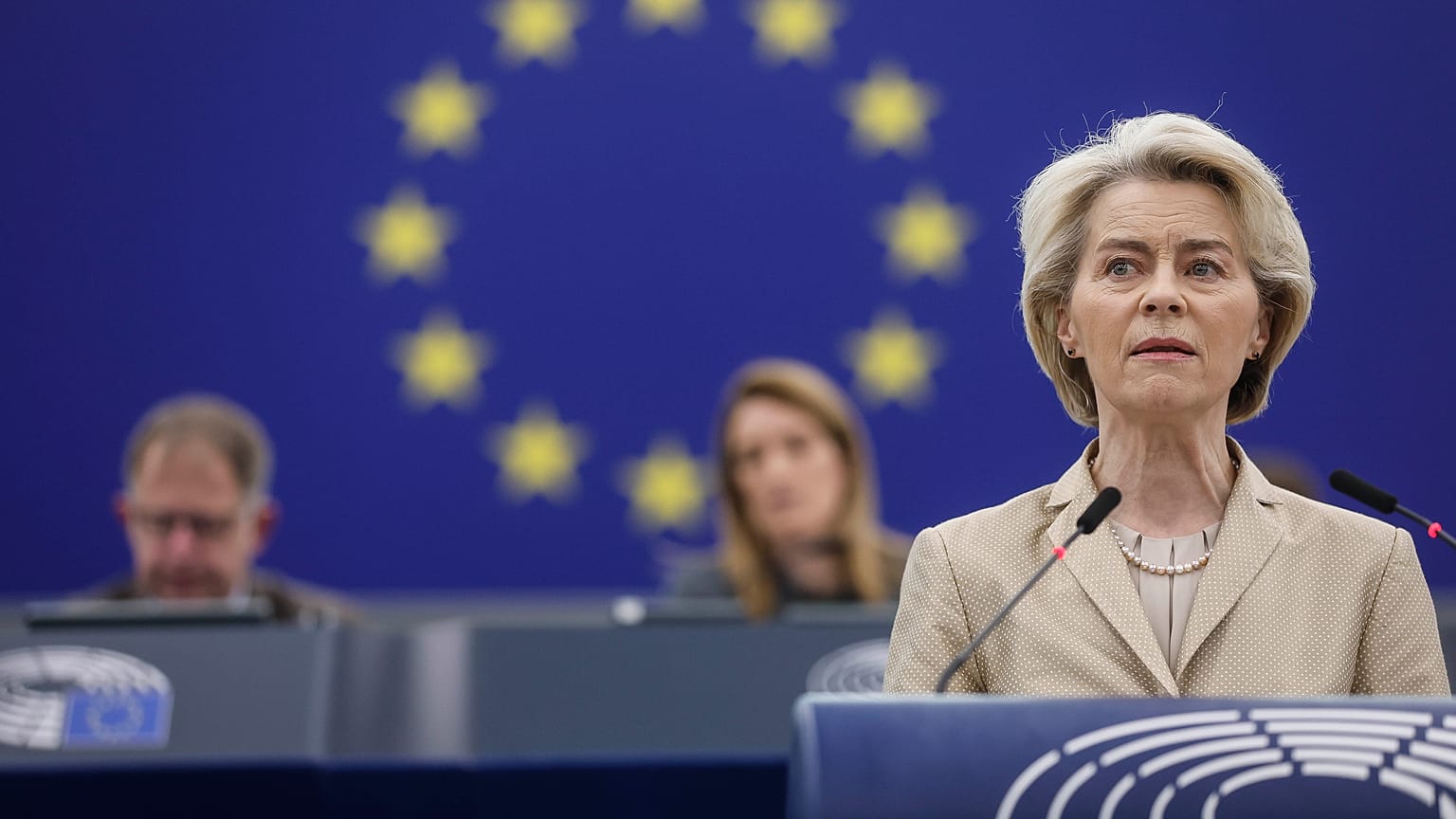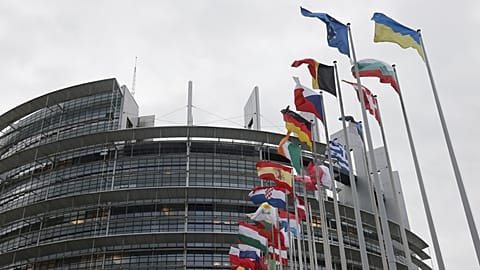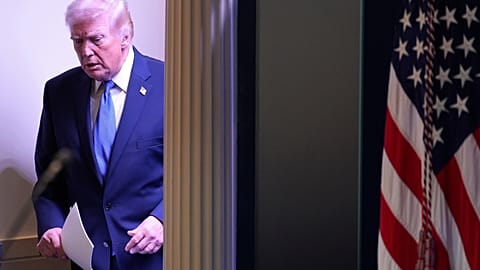EU weighs using Russia's frozen assets to support Ukraine, a proposal by von der Leyen. Legal, financial, and political hurdles loom large, stirring debate among critics.
In a speech to the European Parliament on Wednesday, von der Leyen argued that using the frozen funds to support Ukraine's military would be a "just and effective" way to help the country defend itself against Russian aggression.
 ADVERTISEMENT
ADVERTISEMENT
 ADVERTISEMENT
ADVERTISEMENT
"It is time to start discussing the use of exceptional profits from frozen Russian assets to purchase military equipment for Ukraine jointly," she said.
The interest generated from the assets could amount to billions of euros per year, which could be used to purchase weapons, ammunition, and other military supplies.
After Russia's full-scale invasion of Ukraine in February 2022, Western nations, including the European Union, froze approximately €200 billion of Moscow's foreign reserves, predominantly held at Euroclear. This action, which accounts for nearly half of Russia's foreign reserves totalling around €300 billion, aimed to impose economic sanctions in response to the invasion.
Legal and ethical challenges
There is no clear international consensus on the legality of confiscating sovereign assets, and any attempt to do so could be challenged in court. Even using the interest generated on frozen assets could be problematic, as it could be seen as indirect confiscation.
Confiscating Russian assets could hurt the global financial system. It could erode confidence in the euro as a reserve currency, potentially discouraging future investments within the EU. Additionally, retaliation from Russia is a significant risk, taking the form of seizing Western assets within its borders.
Divisions
The proposal has also divided opinion within the EU. Some member states, such as Poland and the Baltic states, are strongly supportive of the idea. Others, such as Germany and France, are more cautious, expressing concerns about the legal and ethical implications. Deciding how to use the assets, managing their potential liquidation, and ensuring fair distribution poses logistical difficulties.
"With or without the support of our partners, we cannot let Russia win," the President of the European Commission has insisted.
One possible solution could be to use the assets as collateral for loans to Ukraine, allowing access to necessary funds without outright confiscation.
However, legal complexities remain with this approach as well.

















